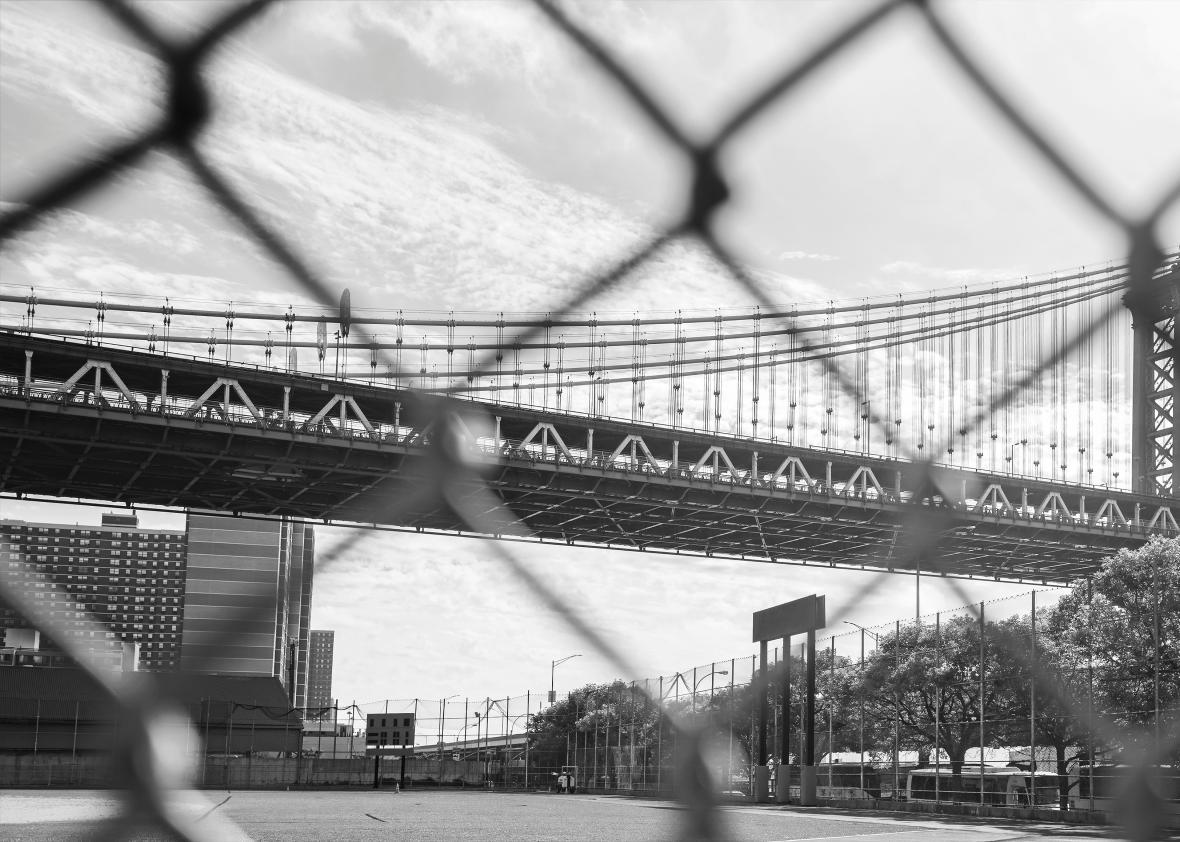How do we as a culture respond to sexual violence? It’s a question that’s getting serious airtime in the week that Stanford swimmer-rapist Brock Turner has become a household name, igniting an international debate about how we punish violent sexual offenders.
The latest entrant to the discussion is—or should be—recent complaints filed with the United States Department of Education’s Office for Civil Rights alleging that the New York City Education Department “has a pattern of discrediting and punishing victims of sexual assault, particularly if they are black and poor,” according to a Tuesday story in the New York Times, amounting to an “epidemic” of mishandling rape cases in public schools.
One of the complaints filed by Brooklyn lawyer Carrie Goldberg, whose firm specializes in “internet abuse and sexual consent,” recounts the grisly gang rape of a 15-year-old, with an IQ of 71, who was forced to perform oral sex on two boys in the stairwell of a Brooklyn high school while five other boys watched. After the girl reported the rape to a guidance counselor, the school responded in a thoroughly horrifying manner. From the Times:
[T]he assistant principal interviewed the girl again, this time in the presence of one of the boys who had watched the encounter. [Italics mine.] Based on that interview, the assistant principal concluded that the sex had been consensual and updated the online occurrence report to say that “upon further investigation” the student “admitted it was a consensual act not forced.” As a result, the girl was given a suspension for six days for engaging in sexual acts on campus.
These charges come on the heels of another complaint Goldberg filed in November of last year—first reported in harrowing detail in BuzzFeed back in March—about a 13-year-old eighth-grader who was sent home “indefinitely” after reporting a rape to school administrators. During a meeting about the incident, the school’s principal said the sex acts, which the perpetrator filmed and broadcast on Facebook, “allegedly said that the sex acts on the video ‘looked consensual’ to her,” according to the New York Post. The victim wasn’t offered legal services or counseling; the school didn’t help secure her a safety transfer to another school or even bother forwarding her homework.
These cases don’t just occur in New York City, of course. Schools all over the country are increasingly grappling with how to handle sexual assault among the most vulnerable of populations. A Washington Post story in January detailed the rise of sexual-violence complaints not just on college campuses but in K–12 settings:
The Education Department in fiscal 2015 received 65 civil rights complaints related to K-12 school districts’ handling of sexual violence — triple the number the agency had received the year before.
The agency is investigating 74 cases in 68 school districts, more than double the number of open investigations it reported 14 months ago.
Even more than colleges and universities, public schools don’t seem to have figured out how to respond to very serious sex crimes that occur on their grounds. Sweeping them under the rug, as the NYC schools are accused of doing, doesn’t just threaten their federal funding; it can do indelible damage to the young victims involved. It also teaches kids that rape culture starts young.
